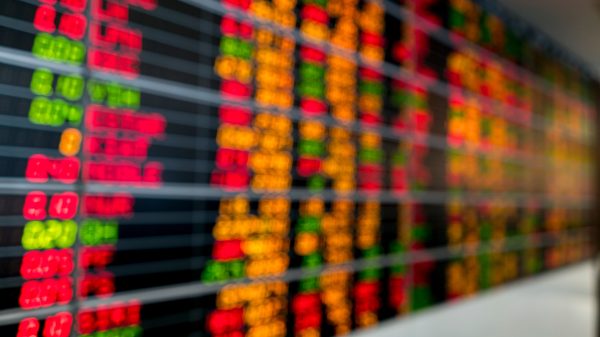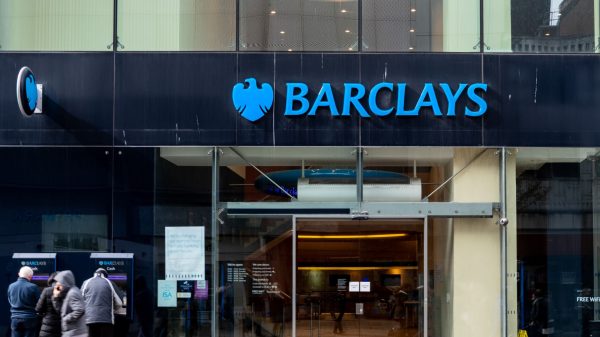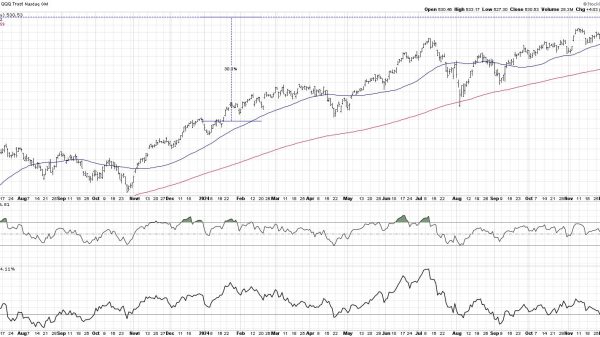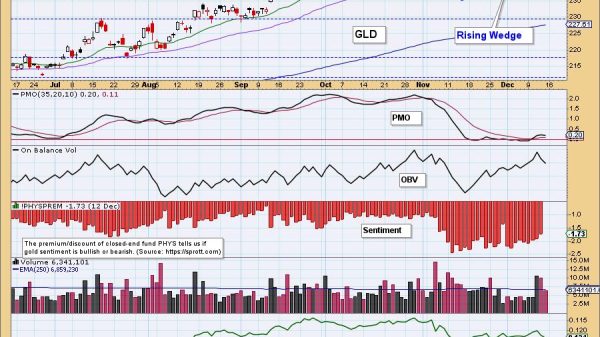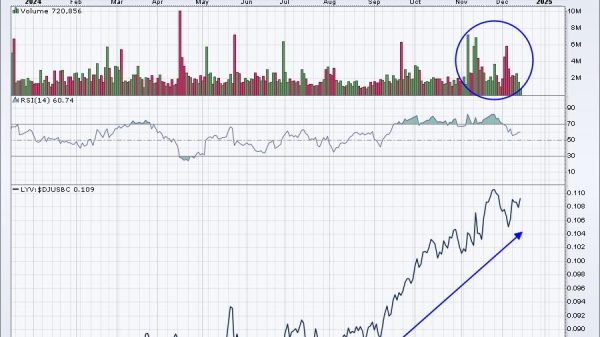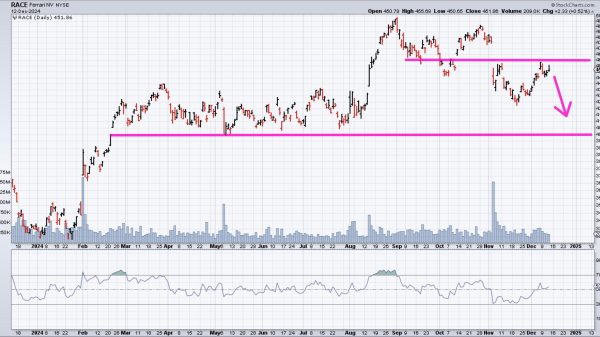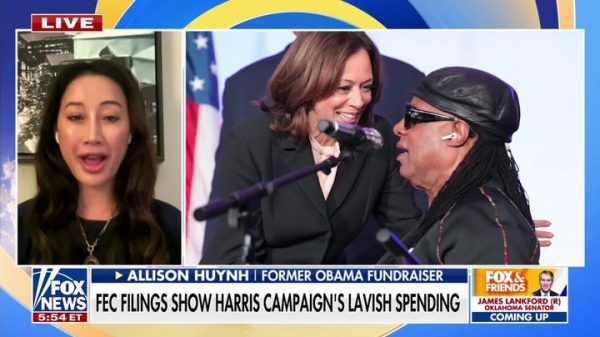Middle Eastern War Sparks Fears of Economic Fallout
As the world grapples with the aftermath of COVID-19 and the Ukraine conflict, a new threat looms ominously over the global economy—the escalating tensions in the Middle East. Finance ministers and officials, fresh from discussions at the IMF and World Bank meetings in Morocco, have sounded a resounding alarm.
Economic Ramifications of Escalating Conflict
Finance Minister Bruno Le Maire from France minced no words. He cautioned against the potentially dire consequences of a regional conflict escalation. Moreover, Le Maire highlighted the risks of surging energy prices stoking inflation and a dip in overall confidence. The Middle East markets are particularly sensitive to such fluctuations.
IMF’s Grim Outlook
Kristalina Georgieva, the head of the IMF, also encapsulated the collective concern, referring to this new threat as a dark cloud on the global economic horizon. Delegates at the meetings in Marrakech shared the sentiment, fearing lukewarm prospects for the global economy in the medium term.
A Perilous Global Landscape
Jamie Dimon, CEO of JPMorgan, did not mince words, describing this juncture as the most perilous in decades. Thus far, central banks had managed to avert an outright recession by curbing inflation without overdoing it. However, the outlook had darkened in the wake of the Israel-Hamas conflict.
Pessimism on the Horizon
Delegates at the meetings had expressed relief earlier, seeing how central banks had adeptly curbed inflation without causing a downturn. Despite that, the mood shifted as the implications of the Middle Eastern war combined with the underlying anxiety about global economic vulnerabilities.
Mounting Concerns and Fragile Economies
The IMF’s analysis pinpointed worsening long-term growth trends, including struggling economies, mounting trade barriers, and escalating public debt worldwide. The short-term forecasts did not reveal any obvious bright spots beyond a handful of countries, emphasizing the looming economic challenges.
The richest country in the Middle East is watching these developments with great concern, knowing how a conflict in the Middle East can rattle even the most stable economies in the region.
The Unpredictability of Geopolitical Conflicts
Gita Gopinath, deputy head of the IMF, highlighted the world’s vulnerability to a multitude of shocks, including the Middle East conflict and its potential impact on energy prices. Adding to the concern was the record-high global debt levels and the enduring low-interest rate environment.
The Fragility of Economic Growth
Janet Yellen, the US Treasury secretary, maintained her optimism about a soft landing for the global economy but acknowledged the fragility of the current economic landscape. Meanwhile, analysts predicted Europe to grow at a slower pace than anticipated due to the ongoing conflict.
Bleak Economic Outlook
Overall, the IMF’s projections painted a grim picture, expecting the global economy to grow at a relatively weak level over the medium term, further hampered by various economic challenges. More than 80% of economies face worse prospects than they did 15 years ago, pointing to a troubled road ahead.
Fragile Global Economy Facing Unprecedented Challenges
The escalating Middle Eastern war presents a grave threat to the global economy, already grappling with the aftermath of COVID-19 and the Ukraine war. Economies worldwide are on shaky ground, facing mounting debt, slowing productivity, and geopolitical tensions that may hinder a robust recovery. The stakes are high, and the world is anxiously watching as events unfold.
The post Middle Eastern War Sparks Fears of Economic Fallout appeared first on FinanceBrokerage.



